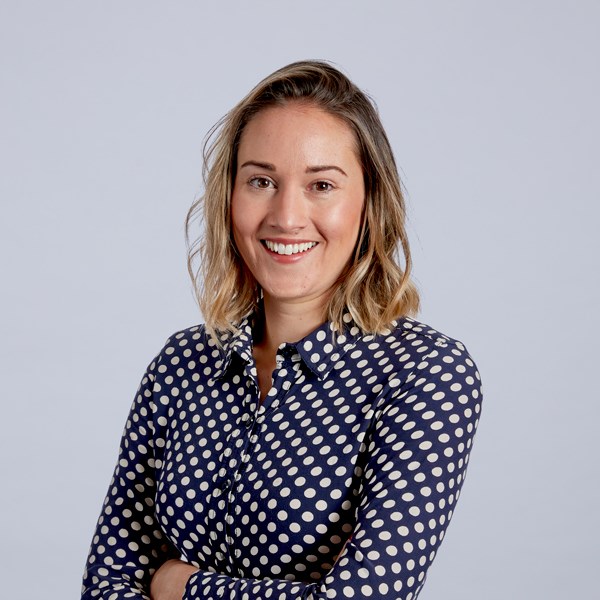What was your first ever job?
Gymnastics instructor.
How did you get involved in intellectual property and what first attracted you to the field?
I was working as a postdoc at the University of Leicester and attended a careers event where a patent attorney gave a talk about the profession. It seemed that being a patent attorney required a unique combination of science, law and language skills which appealed to me.
When did you join Potter Clarkson and why?
I joined Potter Clarkson in June 2016.
I did some work experience in the University of Leicester’s technology transfer office and heard Potter Clarkson’s name, and so I did some research into the firm and liked what I found.
What is your area of speciality and why did you choose it?
Biotechnology – because I was a curious child and my favourite question was always “Why?”!
Working in biotechnology provides the chance to be involved on a peripheral level in some truly ground-breaking research and to be part of a team that is helping our clients bring to market something that could change lives.
What does a typical day in your role entail and what do you most enjoy about it/find most challenging?
The bulk of a patent attorney’s day is taken up by the prosecution of patent applications. This might involve assessing technology and advising whether it is patentable, drafting a new application for a client, or preparing a response to an examination report issued by a national patent office for an application that was filed previously.
Drafting a new application may mean getting to grips with a new technology, which is interesting and challenging in equal measure. Responding to an examination report, in which the examiner may have cited several documents as prior art against your client’s application, involves justifying why inventions we have applied for are worthy of patent protection. Preparing a response is a multi-step process and involves considering what is the invention in the application, how does it work, and what is clever about it. Similarly, for the prior art documents, it is necessary to consider what is disclosed, and how do they work. Each task is a puzzle to be solved!
There are non-average days, too. For example, I might visit an existing client, attend a networking event, visit one of our Nordic offices, or accompany a partner to an oral hearing at the European Patent Office (EPO) in Germany or the Netherlands.
What has been the highlight of your career at Potter Clarkson so far?
An oral hearing at the EPO is similar to a court proceeding but less formal and will involve both parties and a panel from the EPO, tasked with deciding whether or not the patent is valid. For me, attending oral hearings and successfully defending or opposing a patent is one of the best parts of the job.
What advice would you give anyone looking to enter the field?
Firstly, finding a route into the profession may not be straightforward as trainee positions can be hard to come by.
My advice is to persevere and look out for opportunities to gain some experience of working with intellectual property, either within industry, a patent firm, or a university technology transfer office. Consider the differences between private practice and in-house roles and work out what is best for you. For example, a private practice role typically offers more variety in terms of technology and clients, while an in-house role is likely to provide more commercial experience but will most likely be limited to one technology.
Last but not least, the training is tough, and the exams should not be underestimated. It typically takes three to six years to qualify.
